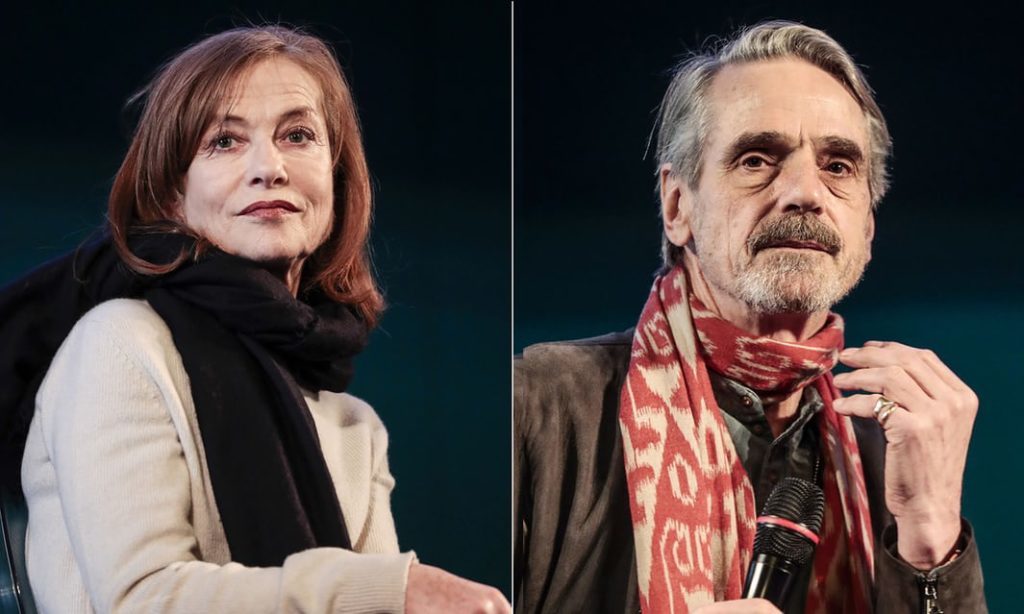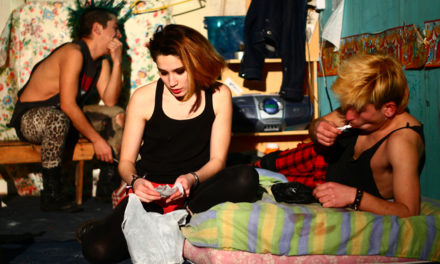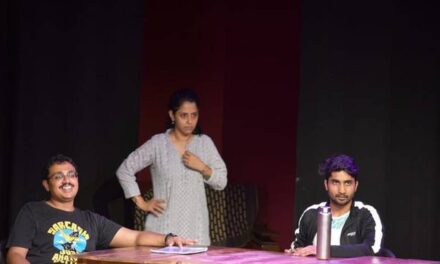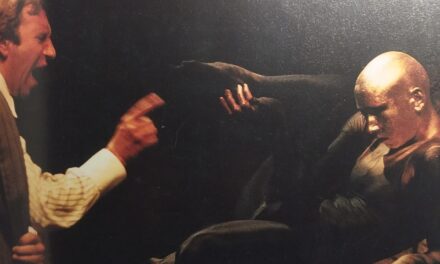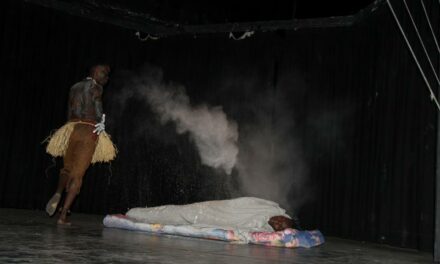The 16th ceremony of the Europe Theatre Prize and the Europe Prize Theatrical Realities took place from December 12 to 17, 2017, in Rome. The event included presentations of the artists’ work, public discussions, round-tables and selected productions.
The Italian Association of Theatre Critics (Associazione Italiana dei Critici Teatrali) awarded their own prizes to the actors, directors, theatre groups and projects from Italy, including the actors Christian La Rosa, Michele Di Mauro, Elena Bucci and Ermanna Montanari and the director Massimo Popolizio for his project/play based on Pasolini’s Ragazzi Di Vita. Awards were also given to the Sicilian Carillo-Minasi company; Teatro dell’Argine di San Lazzaro (BO); the “Global Shakespeare” project organized by the Teatro Bellini, Naples; to the directors Alessandro Serra; Nube Sandoval and Bernardo Rey; and the German director Thomas Ostermeier for his production of Richard III. A lifetime achievement award was given to the playwright Manlio Santarelli.
The XIV Europe Prize Theatrical Realities went to Susanne Kennedy, Jernej Lorenci, Yael Ronen, Alessandro Sciarroni, Kirill Serebrennikov, and Theatre N099. Estonia. The Special Prize was awarded to Dimitris Papaioannou. Wole Soyinka and Fadhel Jaibi were chosen as the recipients of the Special Europe Theatre to extend the recognition of theatre excellency beyond Europe. The XVI Europe Theatre Prize was awarded to Isabelle Huppert and Jeremy Irons.
The productions presented during this week included the work of the former recipients of the Europe Theatre Prize, such as Giorgio Barberio Corsetti’s Re Lear staged at the Teatro Argentina; Shakespeare’s Richard II directed by Peter Stein for the Teatro Il Nazionale-Opera di Roma, featuring Maddalena Crippa in the role of King Richard; and Heiner Müller’s Hamletmachine directed by Robert Wilson presented at the Rome’s Auditorium. This production, a chapter of the world theatre history, was performed by the students of the Accademia Nazionale di Arte Drammatica Silvio d’Amico di Roma, in Italian.
The other productions of the festival featured the work of the current recipients of the Europe Prize Theatrical Realities:
- No. 43 Filth directed by Ene Liis Semper and Tiit Ojassoo, Theatre NO99, presented at the Teatro Argentina.
- Untitled_I Will Be There When You Die, a composition by Alessandro Sciarroni, also presented at Teatro Argentina.
- The Virgin Suicides directed by Susanne Kennedy, Munich Kammerspiele theatre, presented at the Teatro Palladium.
- Roma Armee created by Yael Ronen and ensemble, Gorki Theatre, played at the Teatro Argentina.
Ubu Roi directed by Jernej Lorenci from Slovene National Theatre Drama, Ljubljana, was announced but unfortunately, due to death of its leading actor, the production was canceled. The festival organizers and attendees’ sent their deepest condolences to the company.
The official award ceremony took place on December 17, 2017, in the Teatro Argentina, with Isabelle Huppert and Jeremy Irons paying homage to Harold Pinter. They presented a staged reading of Ashes to Ashes, exclusively produced for and presented by the Europe Theatre Prize.
An encounter between the text, the actor and the spectator, this Ashes to Ashes became a true celebration of theatre acting. With no technical assistance, lighting, costumes or any other devices of theatrical machinery, Isabelle Huppert and Jeremy Irons performed utter magic. Their staged reading captured the richness of Pinter’s text. Its rhythms and pauses, its staccatos and repetitions, its ruptures and silences were those of a Bach fugue. The play’s images–people marching through the night streets of an empty town, being pushed into the water, women holding onto screaming babies and trains departing into the abyss–appeared in our imagination as vividly as on the cinematic screens, all thanks to the embroidery of this performance created by these two giants of the contemporary stage.
Jeremy Irons’ stage presence was spell-binding. A wizard of Pinter’s world, Irons’ work on his texts can be considered as emblematic of Pinteresque acting. Hence, to work next to Irons on this text could be a daring task for any other performer but Isabelle Huppert was simply superb. Asked to perform Pinter in English, a courageous exercise for any non-English speaking actor, Huppert’s work was flawless. The voices–one velvety and seductive of Jeremy Irons, and another at times prickly and at times soft and crooning of Isabelle Huppert–were mesmerizing. They complemented and played off each other, offering us a truly hypnotic gift of transformative theatrical magic.
This post originally appeared in the Capital Critics’ Circle on December 27, 2017, and has been reposted with permission.
This post was written by the author in their personal capacity.The opinions expressed in this article are the author’s own and do not reflect the view of The Theatre Times, their staff or collaborators.
This post was written by Yana Meerzon.
The views expressed here belong to the author and do not necessarily reflect our views and opinions.

